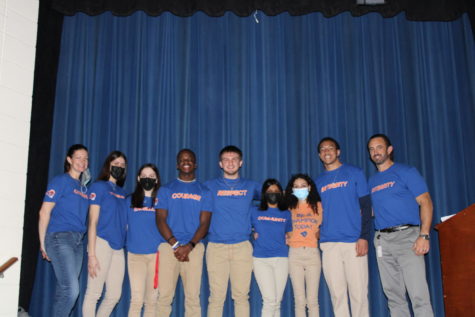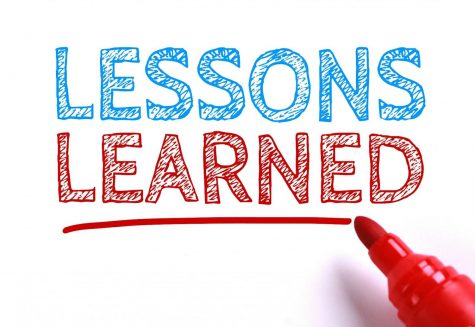Ramadan: Beyond Fasting
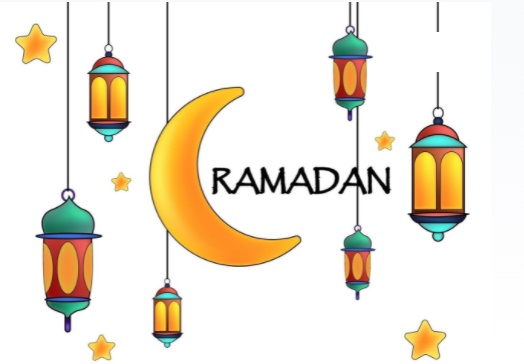
Considering that Islam is the second largest religion with around 1.8 billion Muslims around the world, you may already be familiar with the term Ramadan through friends or family that partake in this annual ritual or even through the internet. Hopefully your knowledge goes beyond thinking of Ramadan as the “Muslim Hungry Month,” and if not, then I will gladly fix that for you. It is true that Muslims go through a month of restricting their eating time window, but there is much more to Ramadan than you may think.
Ramadan is a very sacred month for Muslims, known as the ninth month on the Islamic calendar that works according to the moon. During this time, Muslims must fast from sunrise to sunset and focus on praying and becoming closer to God. The start of this month is determined by the sight of a crescent moon and both science and religious leaders must confirm the exact day Ramadan will start, since confusion will conjure if the start is based off of people’s naked eyes. The month of Ramadan changes to about 11 days earlier than the previous year, so the times of fasting and seasons also change as the years go by.
The act of fasting and praying leads to a spiritual growth for Muslims who genuinely want to reflect and improve themselves. Not only does Ramadan result in building a better relationship with one’s body and mind, but also the relationships one has with their family, friends, and community. The idea of participating in Ramadan with all of the Muslims around the world and going through a similar journey of becoming more intact with one’s religion brings a sense of unity and comfort. It is a time to assist those who are poor and in need; by fasting, there is more sympathy which helps people understand those who suffer from hunger. One of the main purposes is to humble the person and make them feel grateful for the life they live.
When sunset comes and it is time to break the fast, known as iftar, families gather together and indulge in delicious food and sweets. Before dawn, Muslims must eat a small meal called suhur to get them through the day. Hydration and snacks are highly suggested during the time between iftar and suhur as well. After the 30-day period, Muslims celebrate one of their only holidays called Eid-ul-Fitr. Eid is a three day celebration where Muslims first gather to pray in the morning, then spend the day with family and friends, hand out gifts or money to children, and overall have a great time.
Ramadan is evidently more than just fasting for a period of time and then eating a bunch of food. It provides a sense of unity and spiritual growth within the Muslim community. I hope you learned something new about Muslims and the Islamic religion and why they celebrate Ramadan!
Sources:
https://www.livescience.com/61815-what-is-ramadan.html
https://www.eatright.org/health/lifestyle/culture-and-traditions/ramadan–the-practice-of-fasting
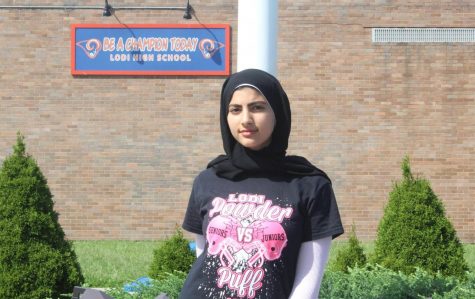
Q: Out of all the animals in the world, which would you want to be?
A: A lion because they are so strong and pretty.
Q: If you could eat one thing...
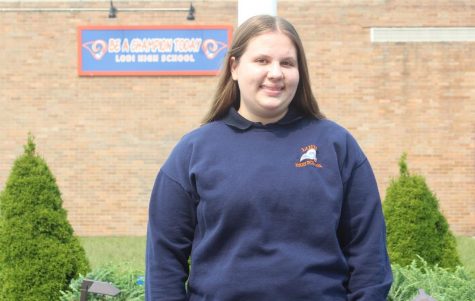
Q: Who's your favorite superhero?
A: Spiderman. Even though I hate spiders, he’s cool.
Q: What's your favorite movie?
A: Clue because it has...

Q: If you were a social media app, what would you be and why?
A: Twitter! Everyone loves Twitter because of how fun it is.
Q: If you had a once...
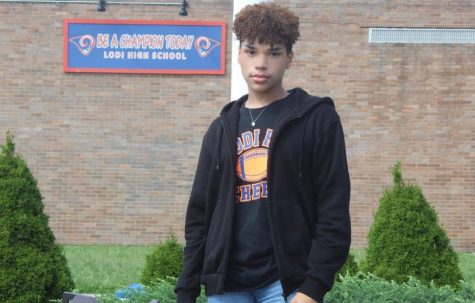
Q: Who inspires you the most?
A: The person who inspires me the most is my mom because of her willingness to have a better future for me and herself.
Q:...


